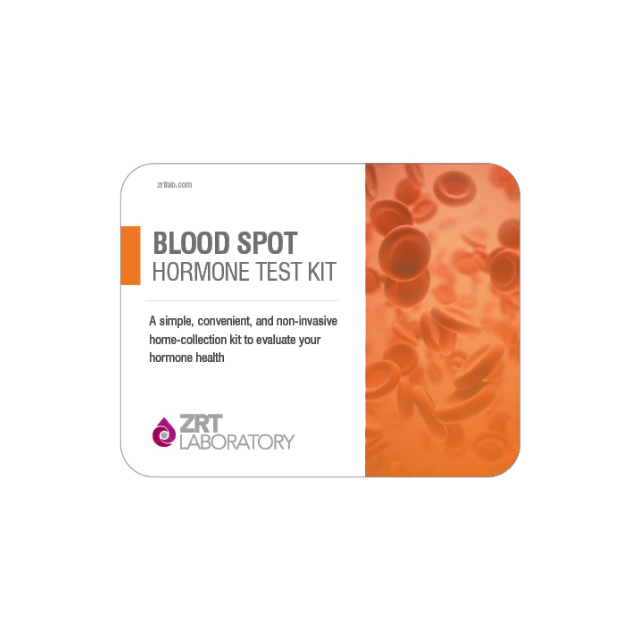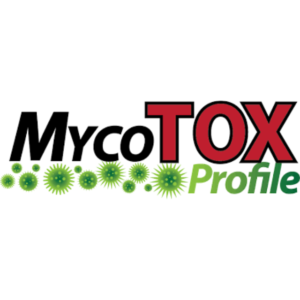Dysfunction is Notoriously Under-Diagnosed
The North American Thyroid Association estimates that as many as 60% of people with thyroid disease are not aware of it. Statistics show that women are seven times more likely than men to develop thyroid problems, facing as much as a one in five chance of developing a problem particularly during the peri-menopause years when hormones start to fluctuate.
Thyroid disease or dysfunction can explain a wide variety of symptoms. Do these sound familiar?
- Weight gain or inability to lose weight despite exercise and diet
- Feeling cold all the time (when others don’t)
- Low energy and stamina, especially in the evening
- Memory lapses or slow/fuzzy thinking
- Dry, thinning, itchy skin
- Dry or brittle hair and nails
- Hair loss
- Irregular bowel habits
- Menstrual irregularities
- Sudden or significant weight loss
- Rapid or irregular heartbeat
- Sweating
- Nervousness or irritability
Levels of key thyroid hormones can indicate whether there is a thyroid imbalance. These include:
Produced by the pituitary gland, TSH acts on the thyroid gland to stimulate production of the thyroid hormone thyroxine (T4).
The predominant hormone produced by the thyroid gland, T4 is converted to its active form, T3, within cells.
T3 is the active thyroid hormone that regulates the metabolic activity of cells.
Thyroid peroxidase is an enzyme involved in thyroid hormone production. The body produces antibodies, including TPOab, that attack the thyroid gland in autoimmune thyroiditis and Hashimoto’s. Testing TPOab levels can diagnose these conditions.
A simple finger poke blood spot lab kit is provided for collection.
Essential Thyroid Profile Blood Spot: TSH, fT3, fT4, TPOab
Lab results consultations are not included in the testing fee. If you would like one on one guidance and an individualized assessment of your lab results, book your Lab Results Appointment here.





